Literacy is not just about reading, it's about ending poverty and inequality. Best learnt during a child’s early years of childhood development, literacy builds the foundation for a successful future for both individuals and communities.
UNICEF reports that, *“Early Childhood Development is seen as one of the most cost-efficient investments in human capital which leads to a country’s sustainable development.” Conversely, the “cost of inaction” — of neglecting the early learning and development for our youngest learners — burdens society in a myriad of ways.
By learning to read at a younger age, a child’s understanding of the world drastically expands as they absorb new concepts and vocabulary, all of which helps them become a better reader, student and citizen. Early childhood education offers a return on investment that few other poverty relief investments provide as a literate population is more likely to overcome international crises such as poverty, armed conflict and climate change. But the race is on to help our young population access quality early childhood education because by the age of nine, children who have not learned to read rarely if ever, catch up or further their education. The success of our collective future lies in educating our youth now.
What is early education? Children aged 4-7 participate in early education, which can take place in both formal and informal settings. During these critical years, the primary focus is on helping children learn to read and write. Alongside this, children learn maths as well as socio-emotional skills such as self-control and sociability.
Basic literacy for 770 million illiterate adults would increase the annual global GDP by $1.2 trillion.
Educational Benefits
Early childhood development builds the foundation for future schooling and increases the likelihood of secondary and post-secondary education. In turn, this builds an educated and skilled workforce.
With skills acquired through early childhood education, adults are more likely to withstand instability in job markets. This is opposed to a person restricted by specific skills linked to a certain job.
Literacy skills developed during childhood impact future generations; literate parents raise literate children.
An additional benefit from literacy learnt at a young age is that once children master literacy skills, they can access a range of free educational content that promotes further learning. The online learning platform, Khan Academy, is one such example.
Social Benefits
A literate population reduces the need for social spending (this includes areas of social services, health services and crime prevention).
Early childhood education strengthens a parent’s job stability as young children have a safe space to learn during working hours. This leads to greater support for families and communities as parents have the capacity to build more household wealth over a lifetime.
Childhood education develops socio-emotional skills, which contributes to a healthy and functioning society.
Economic
Investing in early childhood development directly influences the economic well-being of a country, boosting the country’s Gross Domestic Profit. This can be seen in Sub-Saharan Africa, where the Return On Investment (ROI) for every dollar invested in early childhood education is $33. Internationally, the ROI averages between $6-$17.
As tax revenue increases, social support payments also decrease.
Adversely, without early childhood development, children are less likely to acquire the skills to enable them to participate in the economy, which decreases productivity levels.
Longitudinal studies in the US have found an average increase in earnings of between $5-20K per year in children who attended preschool over those who had not.
In school, early childhood education reduces the need for remedial services and lowers the rates of grade retention.
Learn more about why literacy in early childhood development is key to building a better world for all: https://www.curiouslearning.org/literacy-is
Written by Stephanie Gottwald, Director of Content, Specialist and Researcher in Edtech and literacy. Her role at Curious Learning is to lead the effort of finding and building the best apps for learning to read in a variety of languages and cultural settings.
Photos by Pierre Tostee / MRP Foundation

